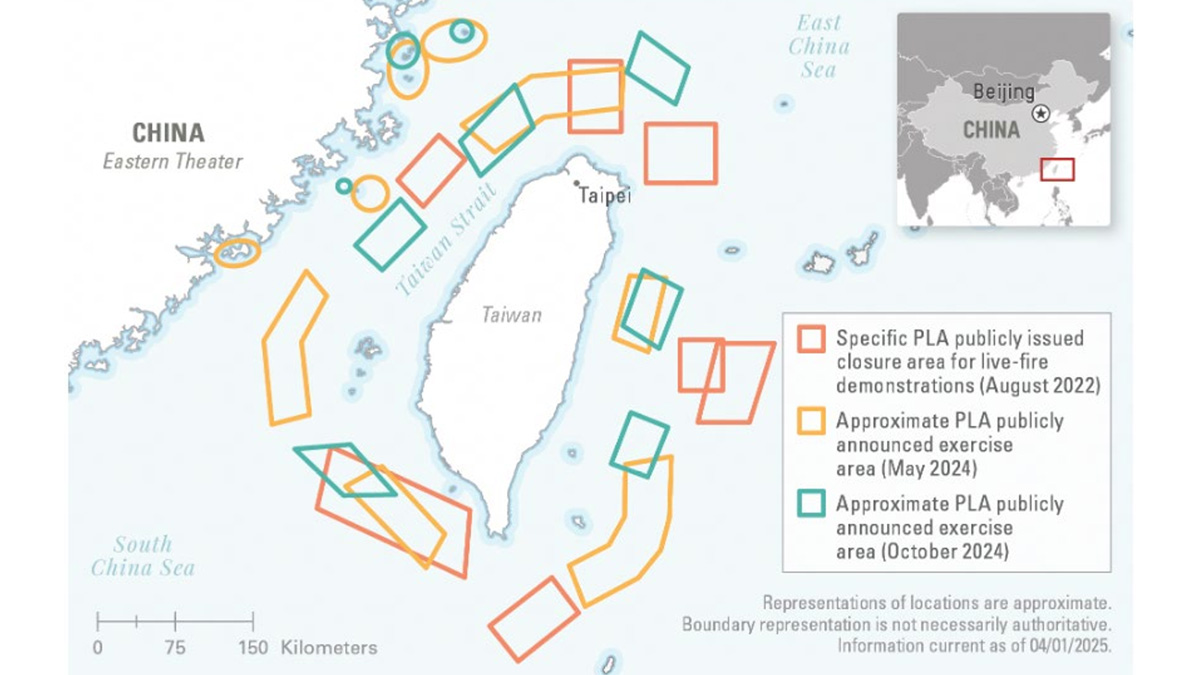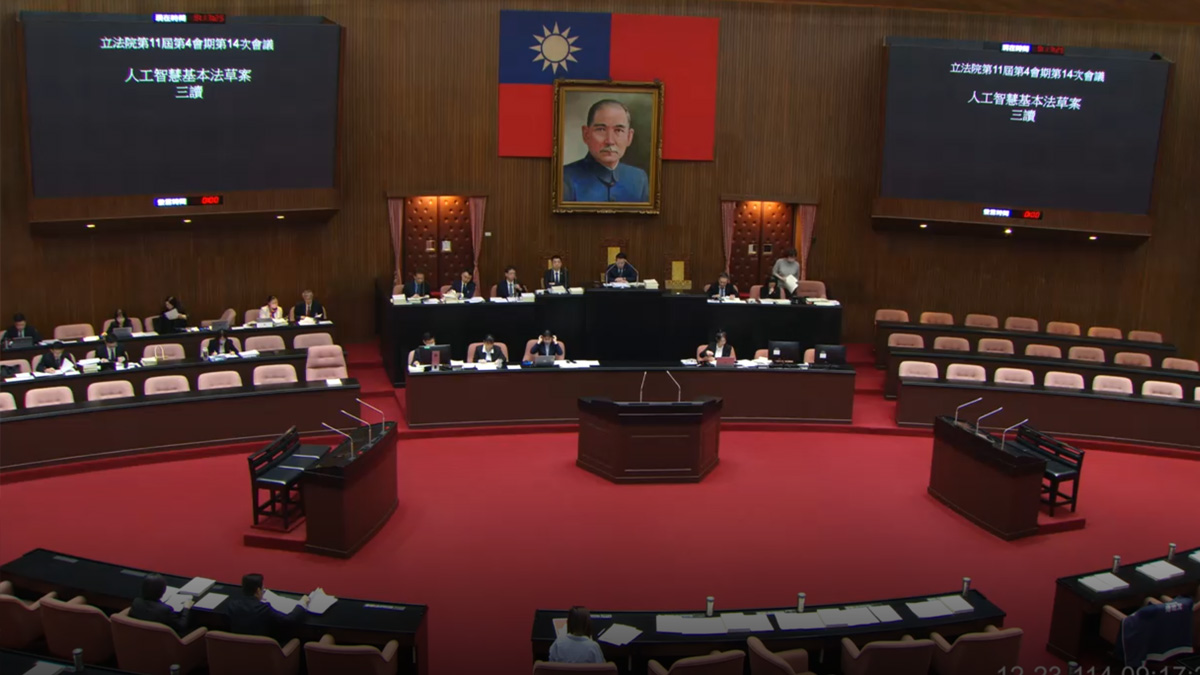Fung-Wong downgraded to tropical storm but remains a major threat to Taiwan
Fung-Wong has weakened to a tropical storm but continues to pose a severe threat to southern and central Taiwan, prompting extended land warnings and closures across multiple counties, the Central Weather Administration said on 11 November.

- Tropical Storm Fung-Wong was downgraded from typhoon status as it approached Taiwan but remains a significant weather threat.
- The Central Weather Administration (CWA) has extended land warnings to several southern and eastern regions, with further alerts possible.
- The storm is expected to bring heavy rain and strong winds, exacerbated by seasonal northeasterly winds, particularly affecting central and southern Taiwan.
Tropical Storm Fung-Wong has been downgraded from typhoon status but continues to pose a serious threat as it approaches Taiwan, according to the Central Weather Administration (CWA) on Tuesday, 11 November.
Speaking to the media, CWA forecaster Chu Mei-lin (朱美霖) stated that although the storm had weakened, its potential to cause significant disruption remained high, particularly due to its interaction with seasonal northeasterly winds.
As of 9 a.m. Tuesday, the storm's centre was located approximately 360 kilometres southwest of Cape Eluanbi, the southernmost point of Taiwan. It was moving in a north-northeast to northeast direction at 12 kilometres per hour.
At that time, Fung-Wong was carrying maximum sustained winds of up to 108 kph, with gusts reaching 137 kph. This marks a noticeable weakening from the storm’s peak earlier in the morning, when it recorded sustained winds of 119 kph and gusts of 155 kph, still within typhoon strength.
Land warnings extended
The CWA issued its initial land warning for Fung-Wong at 5:30 a.m. Tuesday, covering Kaohsiung, Pingtung, and the Hengchun Peninsula.
Later updates extended the warning area to include Tainan and Taitung, with Chiayi likely to be added later in the day, according to Chu.
Forecasts suggest that the storm will continue to move northeastward and may make landfall in southern Taiwan during the afternoon or evening of Wednesday, 12 November. Chu said the storm would likely weaken further as it traverses Taiwan’s terrain, potentially downgrading to a tropical depression or a tropical cyclone after exiting the island late Wednesday or early Thursday morning.
Heavy rainfall expected across central and southern Taiwan
The approach of Fung-Wong, in conjunction with the prevailing seasonal northeasterly wind system, is expected to bring intense and prolonged rainfall. Chu noted that precipitation would be most significant in central and southern Taiwan, urging residents to remain cautious of flooding and landslides in vulnerable areas.
Schools and workplaces across various regions were closed in anticipation of the storm's impact. The Directorate-General of Personnel Administration (DGPA) announced that schools and offices in Taoyuan, Yilan, Hualien, and Penghu would be shut on Tuesday.
Further suspensions were implemented in specific townships of New Taipei, including Ruifang, Shiding, Pinglin, Pingxi, Shuangxi, Gongliao, and Wulai. The closures, while guided by government advisories, are also often followed by private sector employers.
Earlier storm track and intensity
As of 8 p.m. Monday, 10 November, Fung-Wong was situated roughly 470 kilometres south-southwest of Cape Eluanbi. It was moving north at a speed of 13 kph, with wind speeds of up to 137 kph and gusts peaking at 173 kph, according to CWA data at the time.
The reduction in wind strength between Monday night and Tuesday morning reflects a weakening trend, though officials have cautioned that even a downgraded storm can deliver substantial rainfall and hazardous conditions, especially in low-lying and mountainous regions.
Authorities continue to monitor the storm’s trajectory and intensity, with regular updates expected as the situation evolves. Emergency services remain on alert across affected counties, with residents advised to secure loose items, avoid unnecessary travel, and stay informed through official weather bulletins.








0 Comments